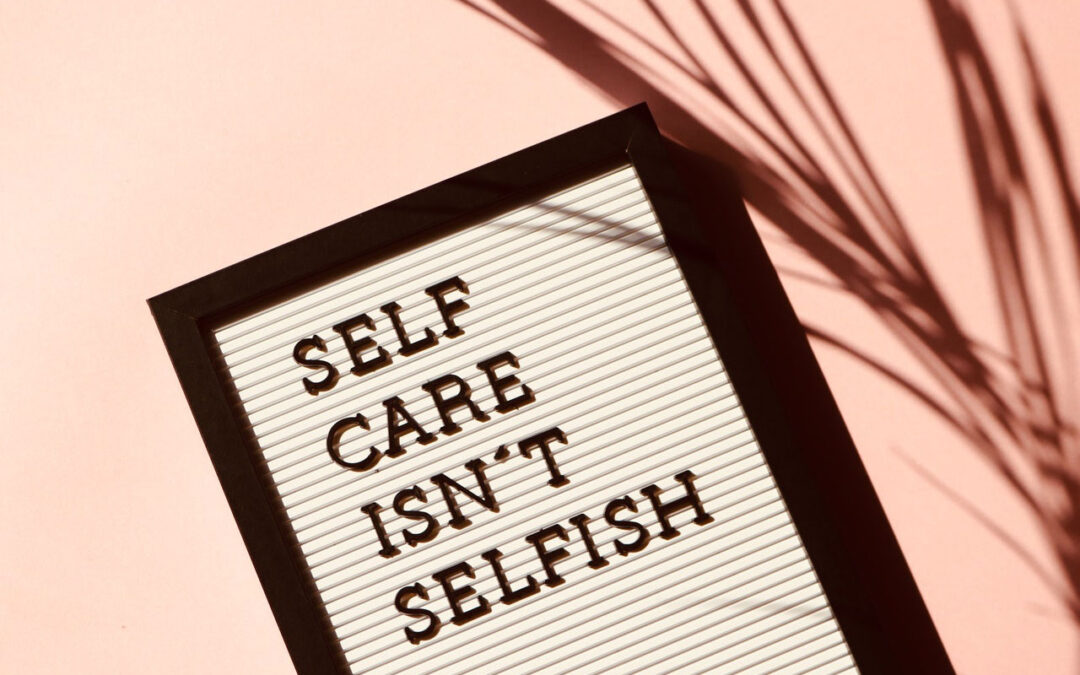Pregnancy and birth completely transform you and can cause some changes to your body postpartum. Sometimes in very weird and not-so-wonderful ways. When pregnant and the growth of your belly seems almost exponential, there’s a tonne of information available to you. It doesn’t always feel like that after birth. Often you’re baptized in the fires of giving birth. And then only think about postpartum bodily changes when your midwives give you a rundown of what to expect.
So the health of your mind and body postpartum can feel overlooked. Which feels overwhelming at a time where you’re running on little sleep and changing nappies on autopilot. There’s obviously lots you need to learn about pregnancy and taking care of your bundle of joy when it arrives. But you should do some homework about caring for yourself postpartum, so you don’t feel underprepared.
No matter whether you’re about to pop, in the early stages of pregnancy, or you’re hoping to conceive soon. This info is for all of you. And it’s not a completely exhaustive list of everything that happens. (Because there are a lot of changes and everyone can experience them slightly differently). So if you’ve got a nugget of wisdom, go ahead and add it in the comments.
Your Brain And Hormones
Your hormones will change drastically after giving birth, at least for a little while. They go from being the highest they will ever be before delivery to the lowest after delivery. Just after giving birth, your progesterone and estrogen levels will drop dramatically. This contributes to the baby blues, characterized by mood swings, anxiety, and sadness which usually resolve a week or so after birth. Postpartum depression can also happen because of this dramatic drop. This is where you’ll experience similar symptoms to the baby blues, but the feelings are much more intense and last longer.
Oxytocin, the bonding hormone, will go into overdrive though as it turns on mothering behaviour. And you’ll probably feel stressed and overwhelmed as you try to navigate the huge changes in mood while caring for a new life.
What Can You Do About Stress?
- Talk openly to your partner about your feelings. And let them take care of the baby for a while.
- Ask friends and family for help.
- Join a support group for new mums.
- Eat healthily and take care of yourself.
What Can You Do About The Baby Blues?
- Get as much sleep as possible.
- Take time out for yourself.
- Seek support from your partner.
- If you’re feeling down for longer than two weeks, then approach a trusted healthcare provider.
What Can You Do About Postpartum Depression?
- Knowledge is power so learn about the signs and symptoms of PPD.
- If you think you might have PPD, then approach your GP or another healthcare provider.
- Get treatment from your chosen healthcare professional.
Your Breasts Postpartum
Along with the decrease in estrogen and progesterone in your body postpartum, your breastmilk making hormone lactin will kick in. This means that your breasts will get bigger as they swell with milk. It’s called engorgement and can make your breasts pretty sore until you start breastfeeding. If you’re not breastfeeding, then the engorgement can last until your body stops producing milk. If your breastfeeding, then you might experience nipple pain. Especially if they crack.
What Can You Do To Help Breast Engorgement?
- Breastfeeding your baby or expressing the milk will help the most.
- Expressing some milk before feeding will help the flow of milk.
- Warm showers will help with the pain, but if your breasts stay swollen and painful, seek medical advice.
- If you’re not breastfeeding, wear a snug sports bra, take ibuprofen, and utilise ice packs until the pain resolves.
What Can You Do To Help Nipple Pain?
- Check that your baby is latching on properly with your doctor.
- Ask about creams to apply.
- Massage breast milk into your nipples after feeding.
Your Uterus, Vagina, And Vulva
This part of your body has likely seen a lot of action during delivery. And while C-section deliveries are a slightly different kettle of fish, they do have some similarities. You’ll have afterpains that feel a lot like menstrual cramps for a few days afterward. This is your uterus starting to shrink to pre-baby size. By about six weeks post-birth, your uterus will be pretty much its original size.
You’ll also experience something called lochia for about six weeks after delivery. This is bloody discharge as your body expels whatever’s left in your womb from growing a person. After a vaginal delivery, you’ll likely be pretty bruised and sore down there. And if you’ve had to have a stitched perineum, it’ll be quite sore while it heals. A C-section delivery will leave you with a sensitive and puffy belly with a painful incision. But what will help?
What Can You Do?
- For painful stitched areas, painkillers and rest are your new best friends.
- Cold packs or a frozen sanitary pad tucked into your pants will help relieve pain.
- Get a doughnut-shaped cushion. Trust me.
- After a cesarean, don’t lift anything heavier than your baby, get lots of sleep, and use pillows to support you.
- Do kegel exercises.
- If there are any changes like increasing pain, head straight to the doctor.
Your Belly, Bladder, And Bowels
Ging to the bathroom will be a little different for a while after birth. Because of all the swelling, going for a wee can cause some pain. Not to mention a stinging sensation if your perineum has been stitched. And it can feel difficult to do it with all the pressure from labour. But it might go the other way, and you could be peeing like Seabiscuit in the week after delivery because of all the changes in hormones you’ll be experiencing. You might find that you pee a little when you laugh or sneeze, too, so your pelvic floor muscles might need a little attention.
Constipation is pretty common the week after too. Whether it’s from medication you’re on, dehydration, having a C-section, or just fear of doing yourself damage. And unfortunately, you might have haemorrhoids to contend with.
Your core muscles will be a lot weaker too, and lifting even the simplest of things can feel like a trial. It’s down to the fact that most pregnant women will have a certain degree of diastasis recti. Which is where you have a gap between the left and right abdominal muscles caused by those lovely pregnancy hormones thinning out the tissue. It might close on its own; it might not. If it doesn’t, you’ll want to contact your doc about speaking to a physio.
What Can You Do?
- When you’re peeing, spray your perineum with warm water. It really helps.
- And drink lots of water to dilute your wee.
- The same goes for constipation. Drink lots of water and get high fibre foods in your diet.
- Ask a pharmacist about over the counter medicine to help.
- Get a cream for your hemorrhoids and make the most of warm baths.
Your Skin, Body, And Hair in Postpartum
Pregnancy means you will gain some weight. And that weight gain can lead to stretch marks and varicose veins. Stretch marks can get irritating when they itch, so you’ll want to find a cream that’s great at treating itchy stretch marks. While all these things will reduce over time, likely, they won’t go away completely.
The skin on your face might change too. The tumultuous transitions of your hormone levels can lead to acne, dry patches or pigmentation. And you’ll likely lose up to a third of your hair. Thanks again to the drop in the hormones that made your hair luscious during pregnancy.
What Can You Do?
- Get creams targeted to your problems. Check with your healthcare provider that they’re safe to use while you breastfeed.
- Eat lots of fruit and veg.
- When it comes to hair loss, don’t put your hair under any unneeded stress. Avoid tight bobbles and use the cool setting on your hairdryer.
Final Thoughts on Postpartum
A hell of a lot happens to your body postpartum. It can feel like an overwhelming time, so make sure you speak up to family, friends, and your partner about your changing needs. Plus, sharing the hard parts will make the load a lot lighter for you.
It can feel like an eternity as you wait for your body to return to normal. That normal will feel different than before, but you will get there. Things like your period will take a little while too. About 6/8 weeks if you’re not breastfeeding, and it might not be for months if you are breastfeeding. But just because you don’t have your period doesn’t mean you won’t be fertile until they start. You can conceive again without one. But most professionals say to steer clear of sex until at least 4 weeks after birth. But go at your own pace.
And remember, if something doesn’t feel right, or if you’re just unsure about anything, make an appointment with your doctor. It’s most likely nothing to worry about, but seeing a professional will get it sorted quickly if there is. And it’ll make you feel better.







